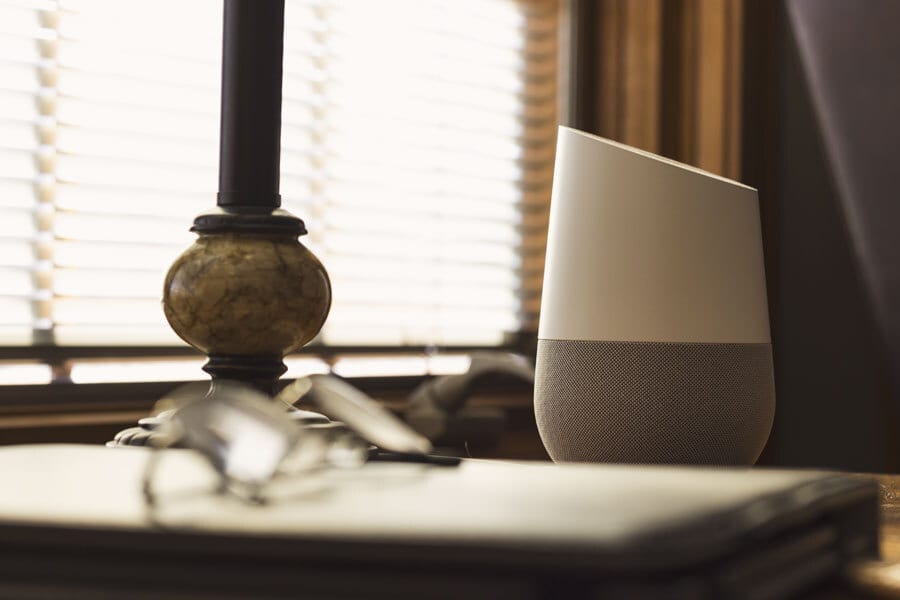By Jean Li Spencer
Lilian Rincon is the senior director of Google Assistant and director of product management, where she leads the team that creates new functions and features for the Google product that is used by over 500 million people worldwide. On a typical day, Rincon will wake up at 5:30 am and attend a whopping 10-12 meetings.
When she was 9 years old, Rincon, who is half Chinese and half Spanish, moved with her family to Vancouver from Venezuela, where she suddenly found herself as the only Spanish-speaking student in her ELL (English Language Learners) class. In order to cope with the drastic cultural and linguistic changes, Rincon found herself increasingly drawn towards the study of mathematics, which she calls a “kind of universal language.” Eventually, her love for mathematics led to a romance with computer science (her mother was a computer programmer), and Rincon’s career in the field has turned her into a female trailblazer who flies subtly under the radar of important women working in Silicon Valley.
Prior to her time at Google, Rincon was Group Program Manager of the globally distributed indirect monetization products portfolio at Skype. She completed her BSC in Computing Science from Simon Fraser University with honors. When she graduated, she went backpacking for two months with the idea that she had a secure job to return to. When she returned, the job fell through, and she was unemployed for a while before applying for a Rhodes scholarship, which she was a finalist for. It was in her early twenties that she felt everything was going wrong in her life. Then, after hitting the lowest point, she took on a pivotal role in business intelligence– and the rest is the stuff of electric dreams.
When she was interviewed by the Evening Standard as part of their women in tech podcast called Women Tech Charge, Rincon said: “We also think very thoughtfully [at Google] how can we use this technology to move minorities forward too,” and talked about bringing low-cost feature phones to remote places in South America and India in order to help women and families improve their communication abilities.
This year, Rincon worked on an especially significant project for Google Assistant in honor of Women’s History Month. If you have children or are a person who loves to ask questions about the world, then you might have inquired about extraordinary women to Google Assistant on International Women’s Day.
Rincon and her team calibrated Google Assistant so that responses to questions like, “Hey Google, tell me about an inspiring woman,” shed light on brilliant changemakers including Dolores Huerta, the American labor rights activist, and Savitribai Phule, who is often called the mother of Indian feminism. Other notable women included Dr. Kakenya Ntaiya, founder of Kakenya’s Dream, who empowered girls to access education in her village in Kenya; and Rachel Carson, the American marine biologist who helped bring environmental issues to the public.
Developing women-friendly technology and employing women leaders to work in engineering is a very important concern in the technology industry. Extensive research has shown that women need training in digital literacy in order to drive their careers, improve their livelihoods and participate in economic activities. Programming Google Assistant to give conscientious and educational responses to questions about women’s history and pop culture is an empowering move in and of itself, but it is also a pithy and double-edged comment on the very nature of information sharing: let’s improve digital literacy skills for women, and while we’re at it, improve the availability of digital content about women.
According to Google, and my own testing through the Google Assistant app, you can continue to learn about amazing women throughout the year by asking your Assistant these questions:
“Hey Google, who runs the world?”
“Hey Google, recommend a movie about strong women.”
“Hey Google, play a podcast about inspirational women.”
“Hey Google, tell me about an amazing woman.”
“Hey Google, how can I support women?”
“Hey Google, are you a feminist?”
“Hey Google, who is your favorite woman?”

